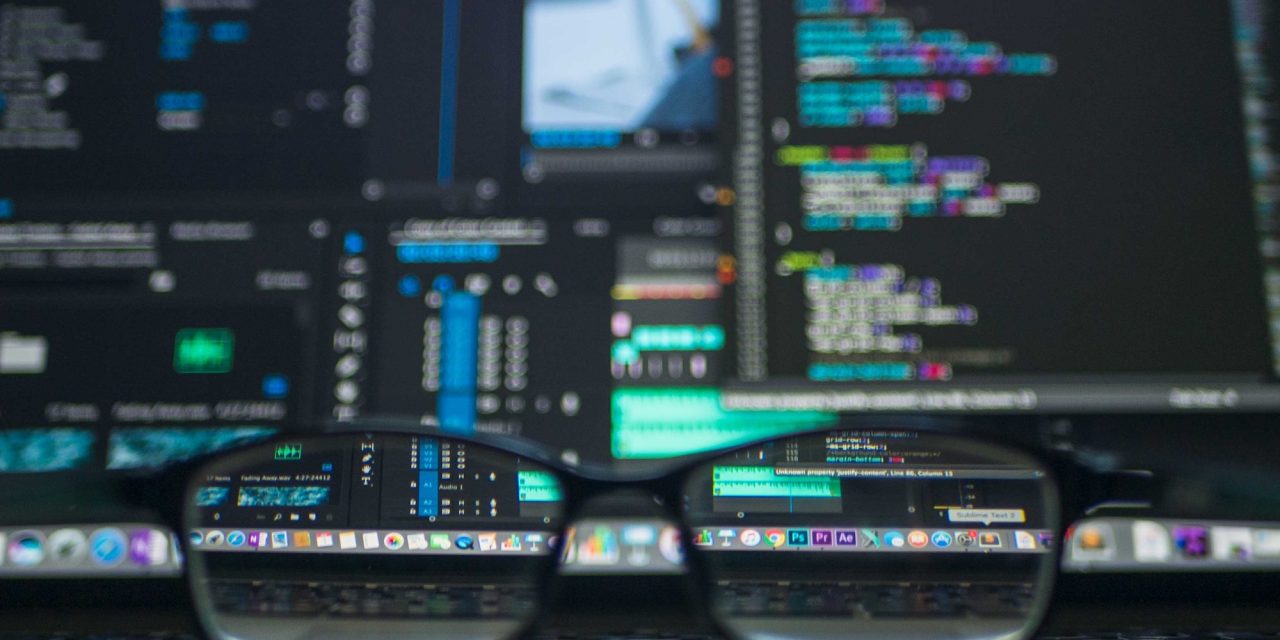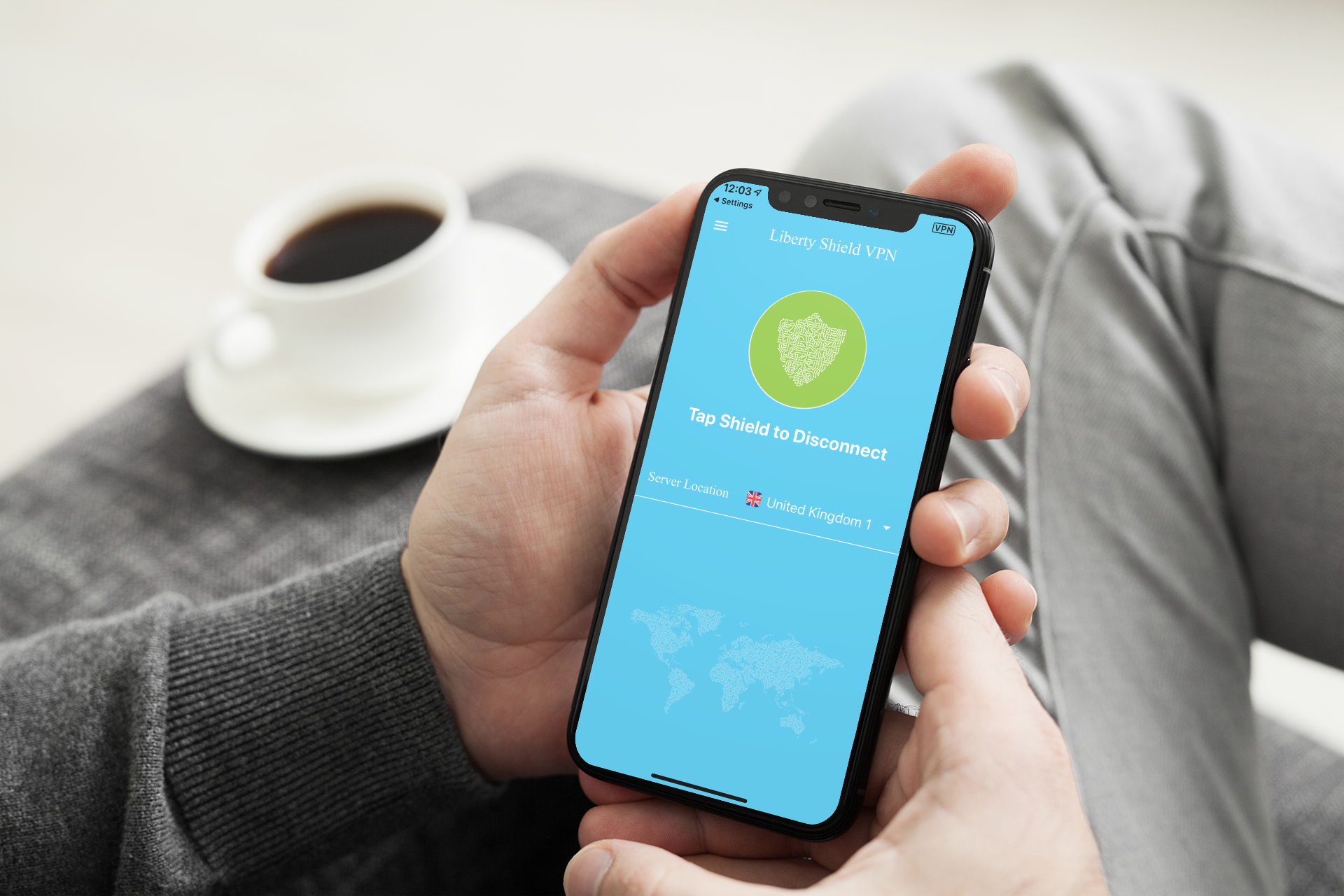What rights do you have in the era of electronic surveillance legislation? Need a Virtual Private Network?
Since the introduction of the Investigatory Powers Act 2016, the electronic surveillance capability and monitoring powers of the United Kingdom have been greatly increased. The United States of America have similar powers under the Patriot and USA Freedom Act, signed after the September 11th attacks on the World Trade Centre. Fun Fact: ‘Virtual Private Network’ is one of the most searched phrases on Google!

The powers granted under both Acts are very similar despite involving different nations. Both Acts allow Government bodies to monitor their citizen’s internet usage, phone calls and text messages in the interest of domestic security. For Internet and Phone services providers in the United Kingdom, they can legally hold records of websites customers have visited as well as phone calls for up to 12 months.
In the United States, Providers can hold customer data on any websites visited as well as phone conversations for a varied amount of time (depending on the industry), but on average this is also around 12 months.
Under these lawful surveillance Acts, Governments can monitor the internet usage of citizens, placing everyone under suspicion of acts they haven’t done. The phrase “Innocent before proven guilty” does not apply under these Acts.
Am I Breaking Any Laws By Using a VPN To Avoid Being Snooped On?
VPN’s, or Virtual Private Networks, are not by any stretch illegal in the United Kingdom or in the United States of America however there are some countries that have different approaches to VPN’s. China for instance, during early 2020, began banning the use of VPN services to stop the sharing of mis-information around the Coronavirus and control the narrative of the outbreak which began in Wuhan.
A good VPN will allow you to browse the internet anonymously, but a common misconception of VPN’s is that they only facilitate illegal or malicious activity, which is not the case. A minority of people may use it for this but that doesn’t represent every user. There’s nothing illegal or suspicious about not wanting to be spied upon while browsing the internet. On the flip side, some people gladly give over their data to companies and governments which is perfectly fine. This means that those who chose to share data will get more personalised ads based on their viewing habits. People just don’t want to be snooped on, have their viewing habits recorded or have their data be at risk to hackers.

In the aftermath of the 2015 data hack on Internet Service Provider (ISP) TalkTalk, they were fined a total £400,000. A security audit after the hack identified various points of security failure and vulnerability to further attacks. Two hackers targeted the ISP and managed to gain access to 157,000 TalkTalk’s customers’ details and even passwords belonging to the American space research agency NASA.
It is fair to assume that no customer of a major Internet Service Providers wants to use a service that is vulnerable to attack, which will result in their information being at the mercy of hackers. VPN’s put the control back in your own hands.
For details on a secure, fast and reliable VPN service – Follow the link here to read more about the VPN Service provided by Liberty Shield.
How do I get a VPN ?
Liberty Shield allows you to reap all of the benefits of having a VPN while also offering a 48 hour free trial alongside the service, so you can try out all of the features for yourself before committing to a subscription. Furthermore, we offer support 365 days a year so that you can make the most of your subscription.

Sources:
- gov.uk. 2016. Investigatory Powers Act 2016. [online] Available at: https://www.legislation.gov.uk/ukpga/2016/25/contents/enacted
- Rodionova, Z., 2016. TalkTalk has been given a record £400,000 fine. [online] The Independent. Available at: https://www.independent.co.uk/news/business/news/talktalk-fine-data-breach-theft-customers-information-stolen-record-penalty-a7346316.html
- Spadafora, A., 2020. China cracks down on VPN use following coronavirus. [online] TechRadar. Available at: https://www.techradar.com/uk/news/coronavirus-sees-china-crack-down-on-vpns
- wikipedia.org. n.d. USA Freedom Act. [online] Available at: https://en.wikipedia.org/wiki/USA_Freedom_Act



[…] Take a look at the webpage here – https://www.libertyshield.com/blog/virtual-private-network-your-rights-vpn/ […]